This post was authored by Caryn Shebowich, Tivnu Madrichol (Resident Advisor). In “normal” times, Caryn lives in the Tivnu bayit (home) and mentors Gap Year participants. These days, they love long walks and having dance parties with their partner.
Housing is a human right- this is not a radical idea. It’s not an American idea. It’s not a new idea.
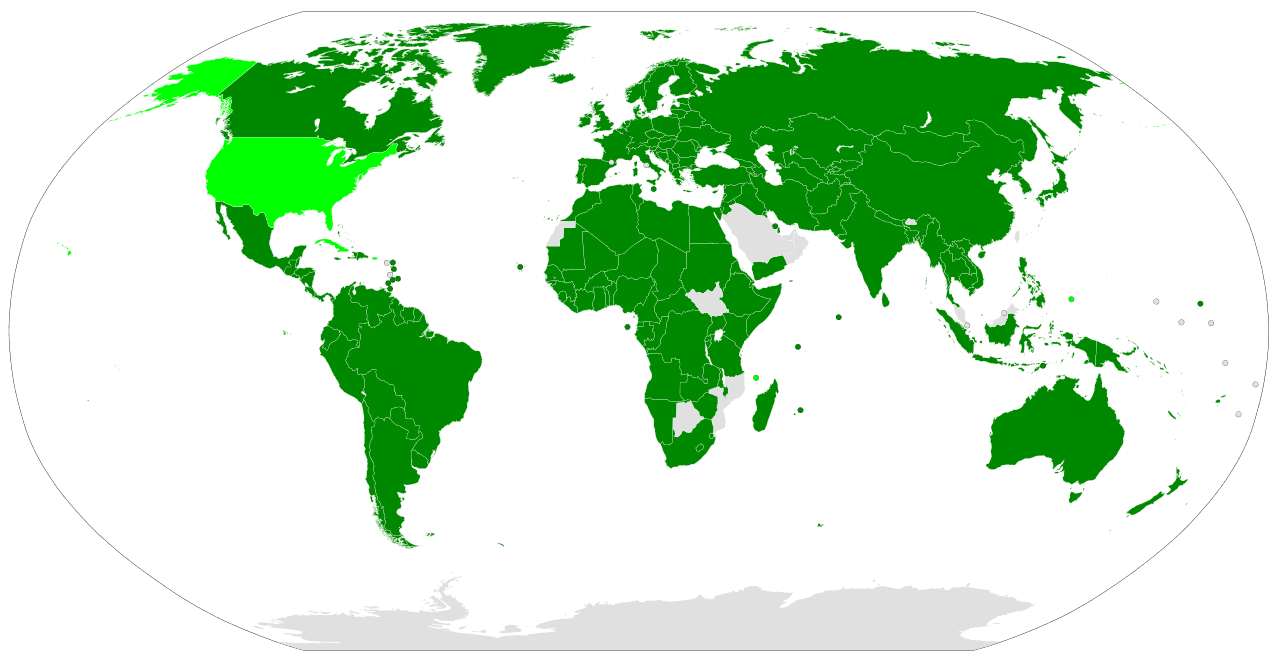
Back in 1966, the UN adopted a treaty called the International Covenant on Economic, Social and Cultural Rights (ICESCR). It’s considered a part of the International Bill of Human Rights, which was created in part as a global response to the human rights violations of the Holocaust. This treaty outlines a list of basic human rights to which all countries in the UN were invited to commit themselves. It outlines things like fair labor rights, social security, health, and, in the section on “adequate living standard,” the right to housing. 170 countries have ratified the treaty; the United States of America is not on that list. Our country, or at least our government, refused, and still refuses, to ratify a treaty that says housing is a human right. Today, 54 years after that treaty was created, millions of Americans are unhoused or unstably housed.
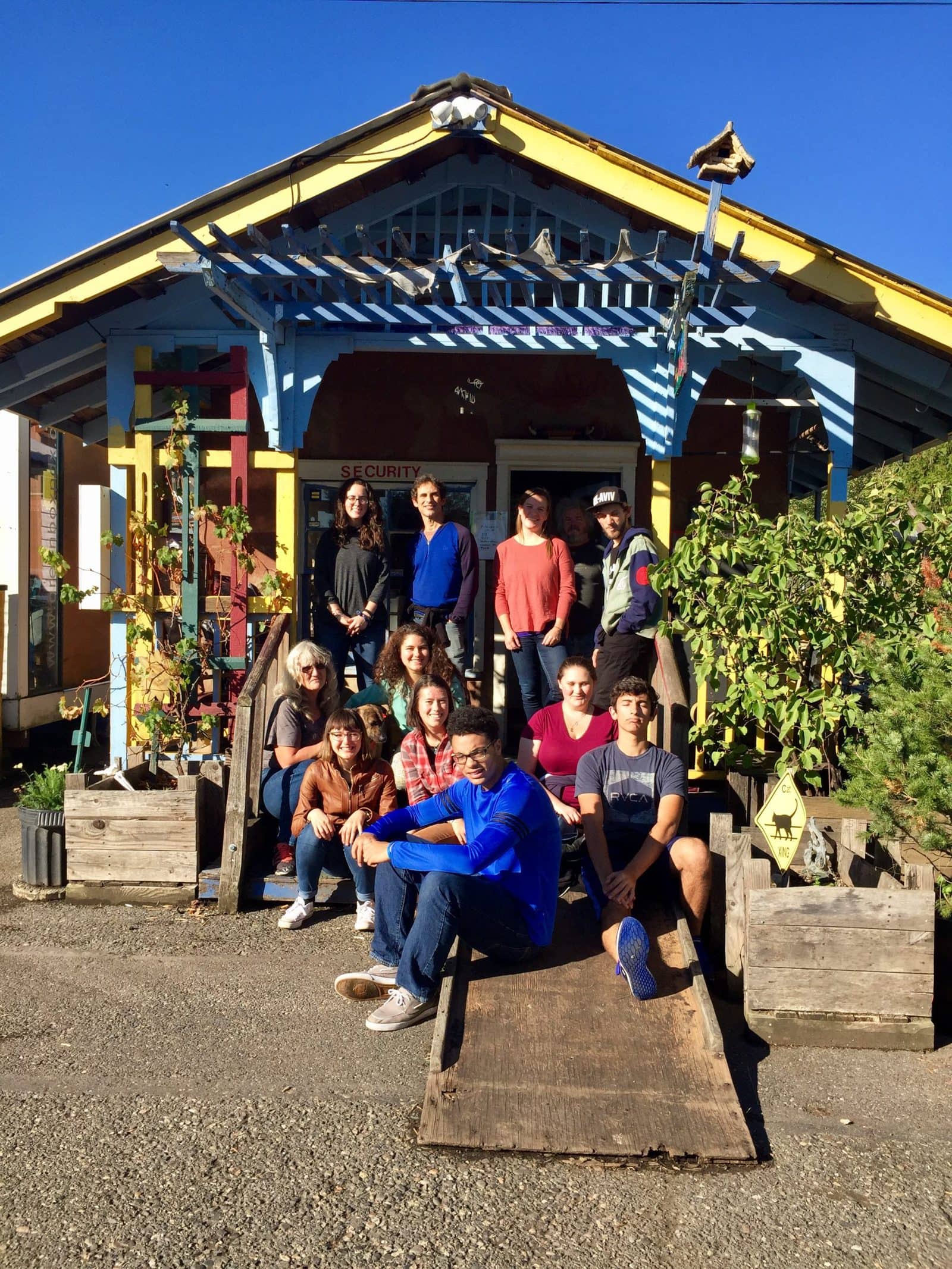
As an organization whose mission is to work on issues of shelter and related basic human rights, Tivnu recognizes that housing affects access to other human rights like healthcare, job security, and education, all of which are included in the ICESCR. Houseless folks are some of the most vulnerable in our world, and now, more than ever, the coronavirus pandemic is laying bare the connections between houselessness and other basic rights. If someone is houseless, they likely cannot participate effectively in social distancing. They may not have access to a safe space to shelter in place, or access to healthcare in case they get sick. Even if they qualify for a stimulus check, they may not have access to an address at which to receive it. Their access to shelter affects their access to so many other services.
Tivnu has been working since its beginning to bring to light how houselesness exists not as a singular issue, but as one among many connected issues that our country faces. From our gap year to our short-term programs, we emphasize how the work we do fits into a larger picture. After participating in a week long “Taste of Tivnu” service trip, one student, Gwen, said it best: “I’m thinking about how homelessness doesn’t exist in a bubble, it is connected to other types of oppression in our society: homophobia, transphobia, criminal justice, domestic violence, and more.” These oppressions are root causes to the inequalities in our systems, including houselessness.
Tivnu’s motto is “tools to build a better world,” one free of the oppressions Gwen mentioned. As the Tivnu Madrichol (Resident Advisor) for this year, I’ve had the distinct honor of witnessing young people on the Tivnu Gap Year create their toolbox and contribute to grassroots efforts in the Portland community. Sometimes, those tools are hammers and chop saws, building literal houses for people who don’t have stable housing. Sometimes, those tools are parole databases built to help advocate for incarcerated people, newspaper articles written to raise awareness of the chronic stress of homelessness, or lesson plans, crafted to serve students at under-resourced elementary schools. For now, because of Covid-19, Tivnu has had to put many of those tools away. We look forward to the day when we get to use those tools again, when the Tivnu bayit is again full of young people and the garage full of tool belts. In the meantime, we recognize that the world we were helping to build still needs building, even if it looks a little different.
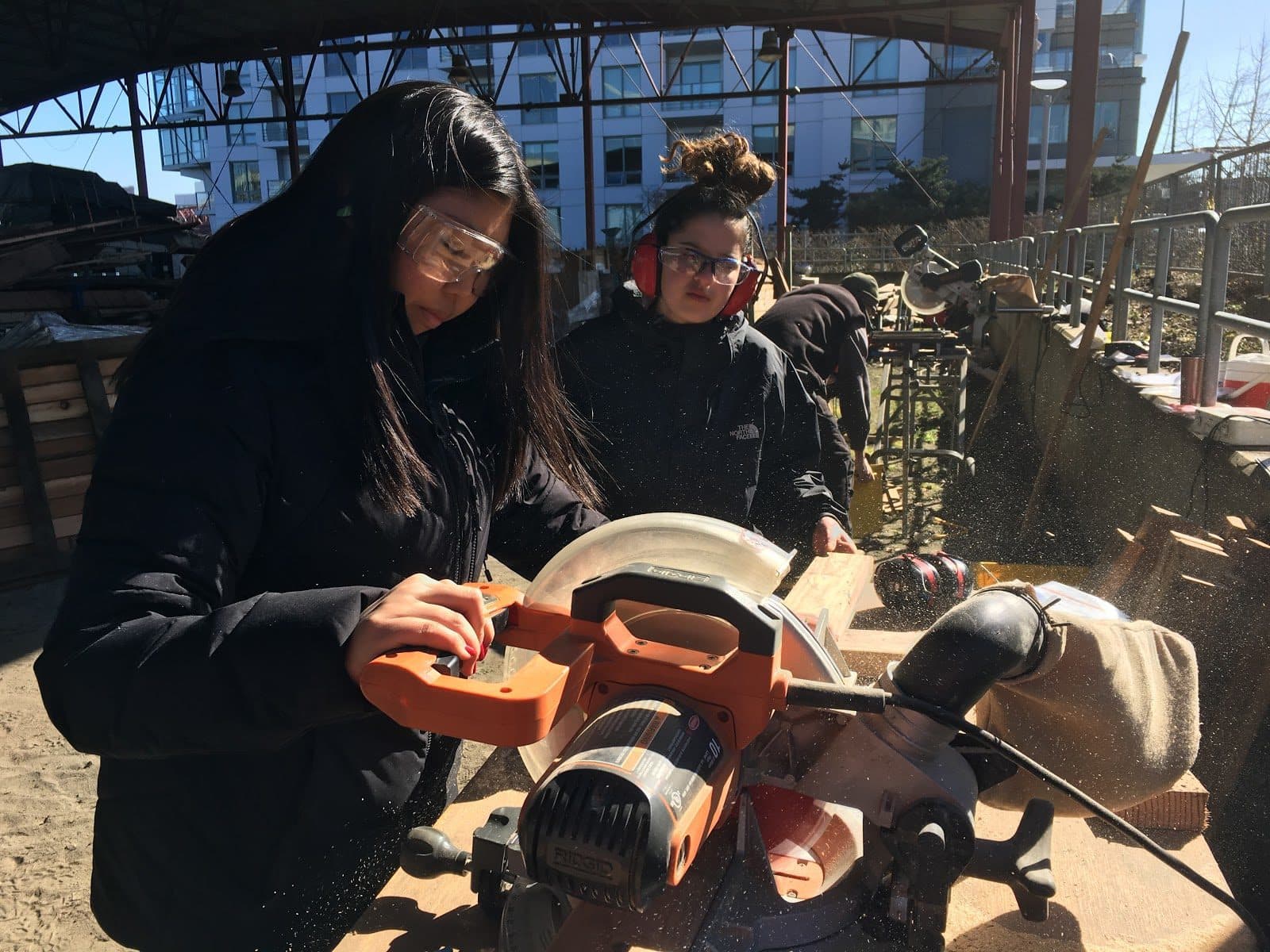
As I think about all the hands-on, experiential skills I’ve seen participants build, I am sad that we had to send them home for the time being. I am heartened by the notion, however, that there are so many young people in the world right now who have been introduced to Tivnu and have started filling up their toolboxes! Between the Tivnu Gap Year and all of our short-term programs, hundreds of young people can draw on their Tivnu toolbox in this time of critical change. As our world looks and will continue to look so different every day, we as a society have the chance to reinvent our broken systems. When Tivnu alumni read about how houseless populations are being affected by Covid, they are drawing on their Tivnu experience, reminding themselves that “experiencing houselessness is a systematic problem” (Lucy on a Tivnu service trip, 2018). They will remember how “people become homeless because it can happen to anyone at any point.” (from Nathan on a Tivnu service trip, 2019), and that we ought to have a system that gives people better options than the streets. So many young people who have had Tivnu as a touchstone are out there saying, as from another participant in a Tivnu service trip this year did, that houselessness is “not a person’s fault, but the system’s.” They are out there, in almost 20 different states, dreaming up new tools.
As Erik Brakstad, Tivnu construction coach extraordinaire, reflected as he cleared out the construction site and put away the Tivnu tools for the rest of the spring, “It was strange. I knew that when we take them back out, the world will be different.”
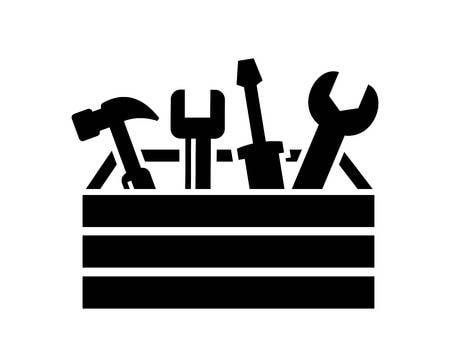
We may not have the same tools right now, but we can still use the tools we do have to build a better world for our future. Check out our social media feed – we’ve been sharing action-focused resources. It may be a different world, but that’s what Tivnu is all about:
Together, we build a better world.
Follow Us
Taking a gap year in the US can be as meaningful as doing one abroad.
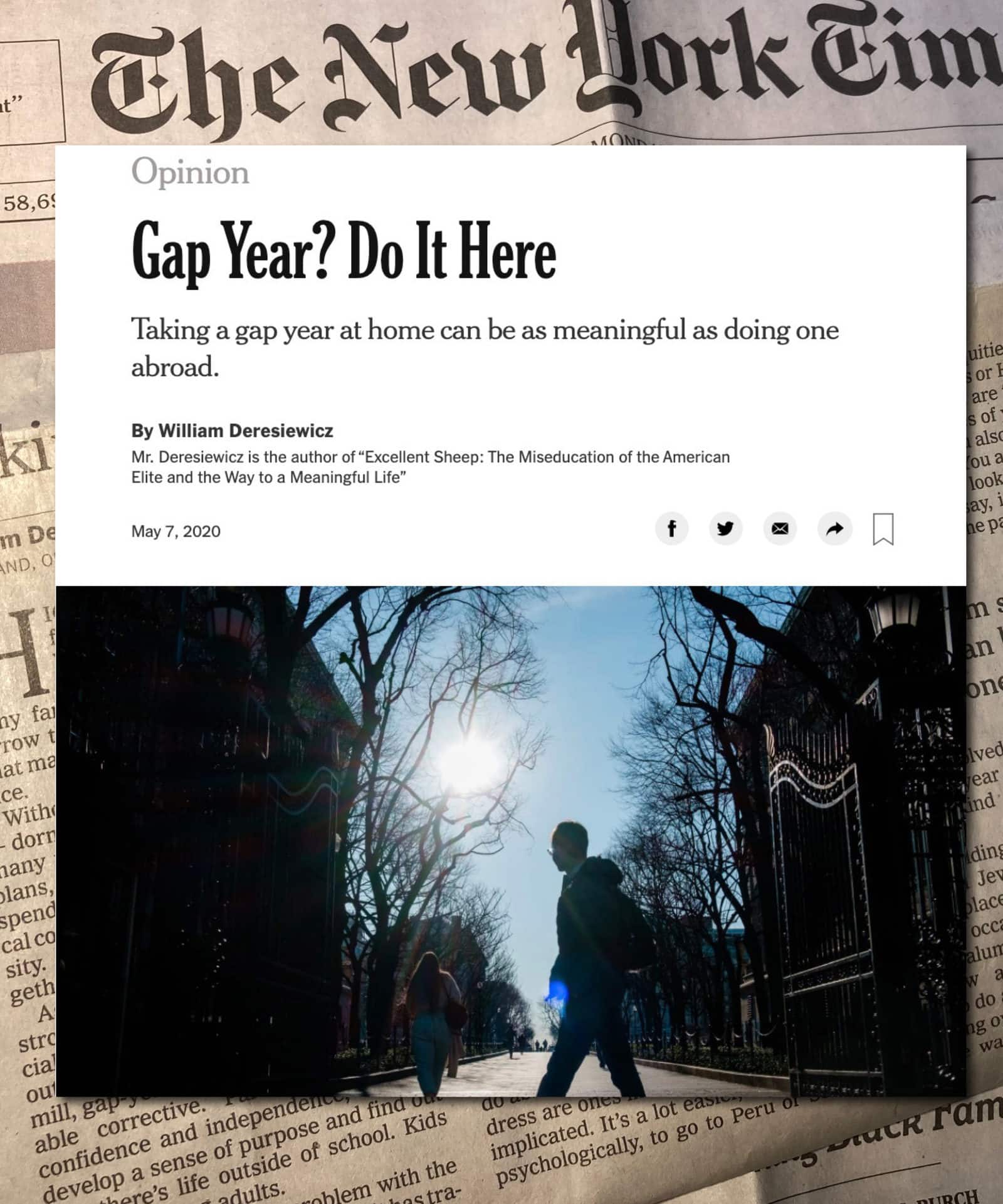 Featured in The New York Times
Featured in The New York Times